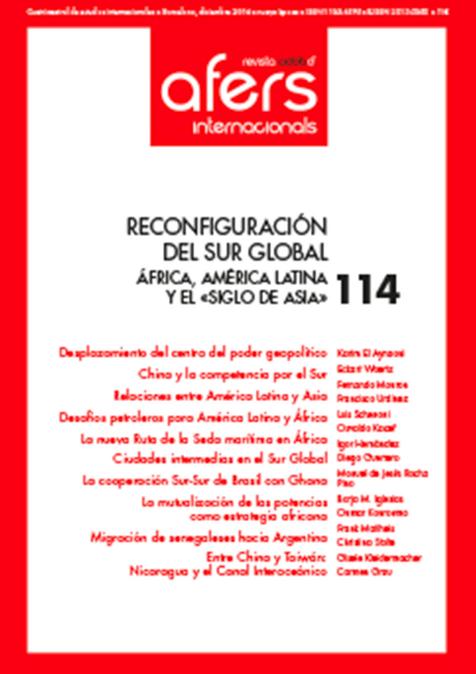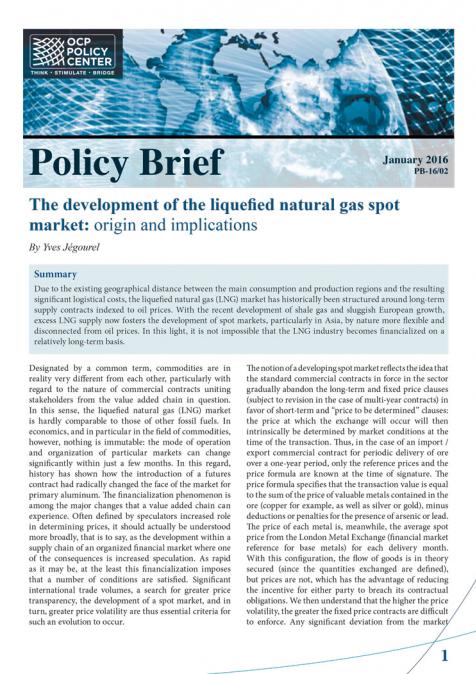Publications /
Paper in Academic Journals
Since the 1980s there has been a steady shift from West to East in the international system, economically, politically and culturally. Emerging markets in Asia have moved up the value chain of industrial production processes, while the share of Western industrialized countries in global gross domestic product has declined. Countries such as China and India are asserting themselves in security matters and seeking new avenues for investment flows and development co-operation. China’s expected shift from export-led growth to domestic consumption might further change patterns of trade and capital flows, and it is an open debate whether the growth dynamics of India might outstrip those of China.








